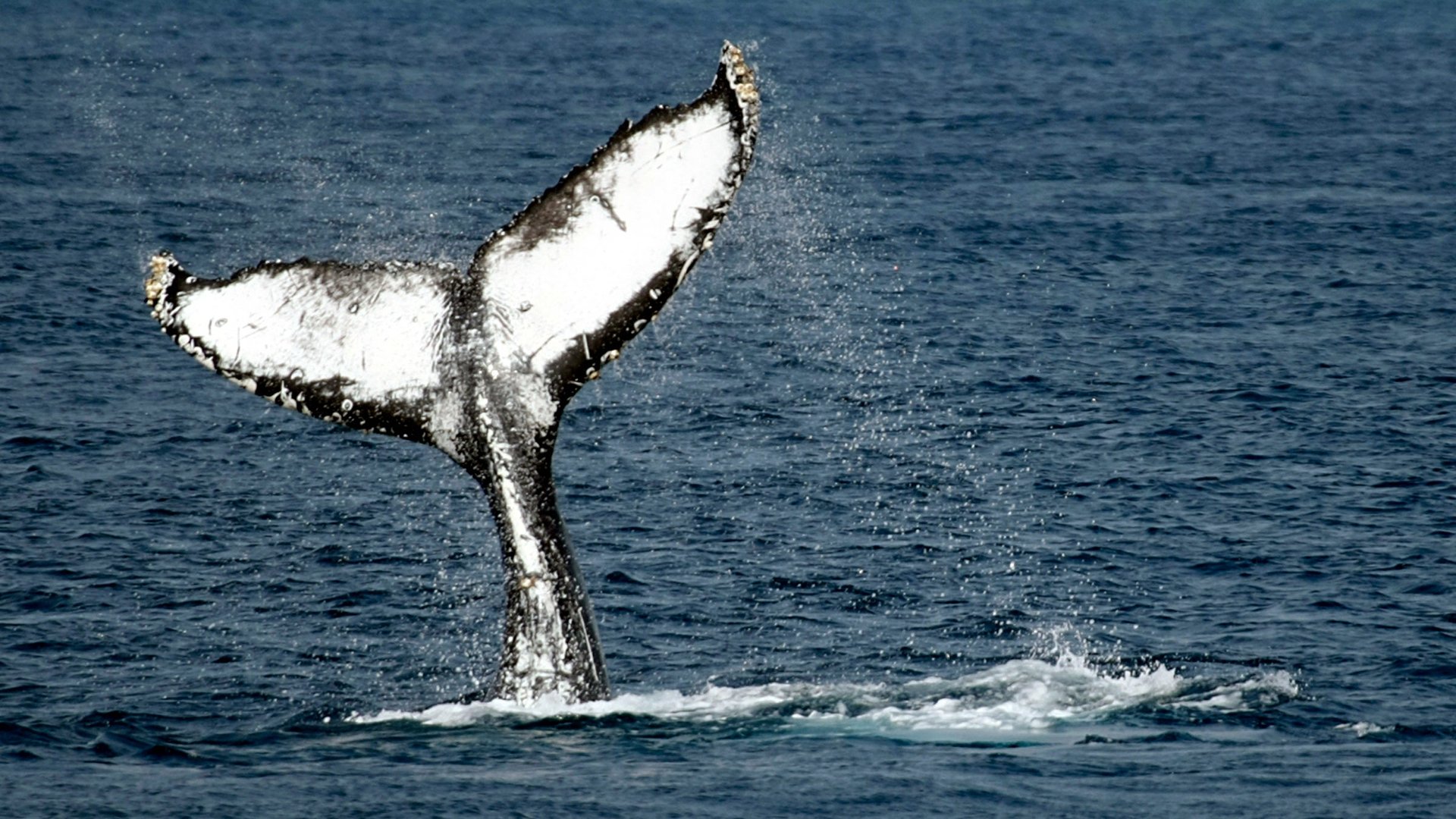Would the Volcker rule make Jamie Dimon personally responsible for the ‘London whale’?
What US regulators have set in motion, let not weather set asunder. Lawyers, however, may get in the way.


What US regulators have set in motion, let not weather set asunder. Lawyers, however, may get in the way.
Despite snow delays in Washington, five US federal agencies who supervise American financial institutions approved the instructions for executing a ban on speculative trading at federally-insured banks, named after an infamously stern former Federal Reserve chair. Critics of the banks bailouts celebrated the news, while a trade association of banks, the Financial Services Roundtable, warned darkly that “it will reduce needed access to capital.”
What that means, essentially, is banks will be less profitable. The rule was touted by its supporters as the next best thing to breaking up the largest banks. There will also be less risk to tax-payer-insured deposits, at least in theory. And, to the chagrin of the banks, the CEO of each institution will have to attest, in a written document, to his bank’s compliance with these rules, a Sarbanes-Oxley twist inserted by the Obama administration late in the rule-making process. Banks oppose the move because it would be hard for any single executive to monitor an organization as large and complex as your modern global mega-bank, which is quite an admission in itself.
Requiring CEOs to sign documents saying they are following the rules also exposes them to liability should those rules be broken, and they won’t be able to blame “rogue traders” or junior executives as easily. Such a provision would have left JP Morgan chief Jamie Dimon on the hook when his bank paid $920 million for breakdowns in compliance surrounding its London whale hedge-gone-awry.
But this kind of accountability would be short lived. It’s likely that, if the rule avoids yet more legal challenges, CEOs would set up a system of sub-authorizations that put department heads on the hook for compliance. The buck would stop, but not with them.